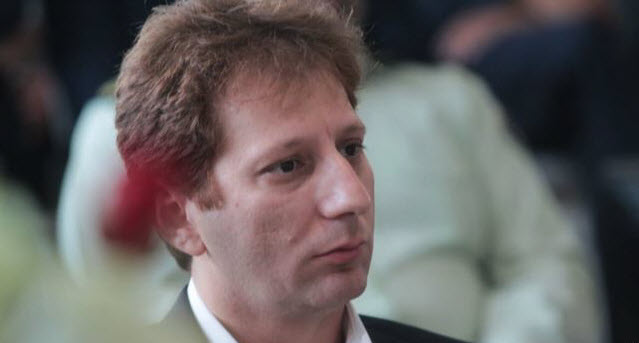
November 14-2014
by Warren L. Nelson
The European Union last week put four of the six people and firms removed from the EU sanctions list in October by court order back on the sanctions list.
Those restored to the sanctions list are Babak Zanjani, his firm Sorinet, the Sharif University of Technology and Sina Bank.
The other two—the National Iranian Tanker Co. and Moallem Insurance Co.—remain off the sanctions list but are expected to be put back on soon.
The EU’s General Court ordered all six removed from the sanctions list, saying the EU had failed to provide adequate justification and evidence for listing them.
The new listings provide a new explanation for designating Zanjani and the three entities.
The listing of Sharif University of Technology was the most controversial of the designations because of the international respect for SUT, generally viewed as the most outstanding university in Iran. The new listing includes the longest justification for any of the four being re-listed. It says, in full:
“Sharif University of Technology (SUT) has a number of cooperation agreements with Iranian Government organisations which are designated by the UN and/or the EU and which operate in military or military-related fields, particularly in the field of ballistic missile production and procurement. This includes: an agreement with the EU-designated Aerospace Industries Organisation for inter alia the production of satellites; cooperating with the Iranian Ministry of Defence and the Iranian Revolutionary Guards Corps (IRGC) on smart boat competitions; a broader agreement with the IRGC Air Force which covers developing and strengthening the University’s relations, organisational and strategic cooperation;
“SUT is part of a 6-university agreement which supports the Government of Iran through defence-related research; and SUT teaches graduate courses in unmanned aerial vehicle (UAV) engineering which were designed by the Ministry of Science among others. Taken together, these show a significant record of engagement with the Government of Iran in military or military-related fields that constitutes support to the Government of Iran.”
The listing of Zanjani sparked some amusement. Zanjani has been jailed by Iran for failing to pay the Oil Ministry about $2.7 billion he collected by marketing Iranian crude oil to evade sanctions. Zanjani admits that, but says the oil revenues he obtained for Iran were frozen in 2012 when his bank accounts were blocked by sanctions.
Zanjani and the Iranian government have both said he acted as a front for Iranian oil sales—and that is precisely why he has been sanctioned by the EU.
The dropping of sanctions against Zanjani and the five entities in October drew considerable media attention at the time with many news stories suggesting that sanctions were falling apart. The Iran Times reported at the time that the de-listing of the six was only temporary and the EU expected to re-list them as soon as it developed new evidence to warrant their re-listing.
This is not a new practice. The EU courts have repeatedly ordered people and entities de-listed because the EU, which used classified information from member states to list them in the first place, could not produce the classified information in the public forum of a court.
The EU has had to search around for non-classified information to justify a re-listing. Last November and December, for example, the EU re-listed 24 of the 26 companies that the courts ordered de-listed in 2013.
The EU currently has sanctions imposed on about 500 companies and more than 100 people from Iran.
